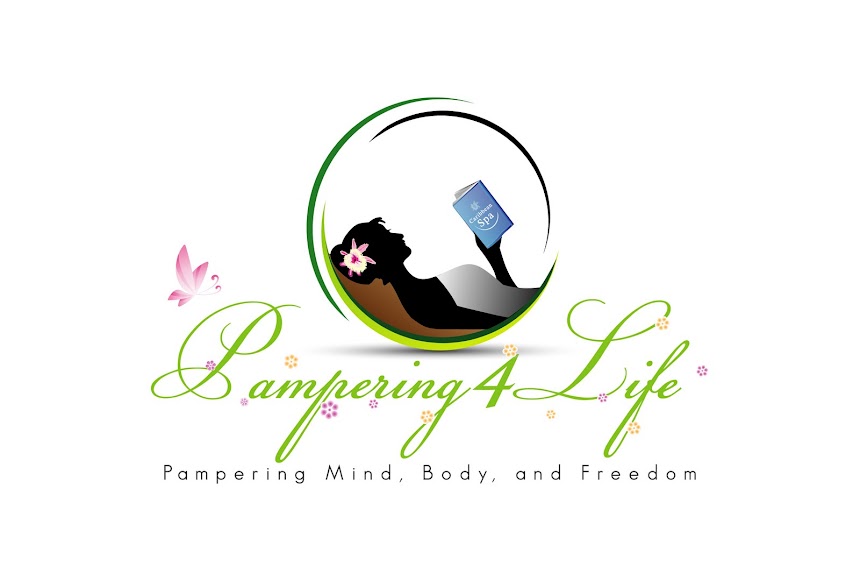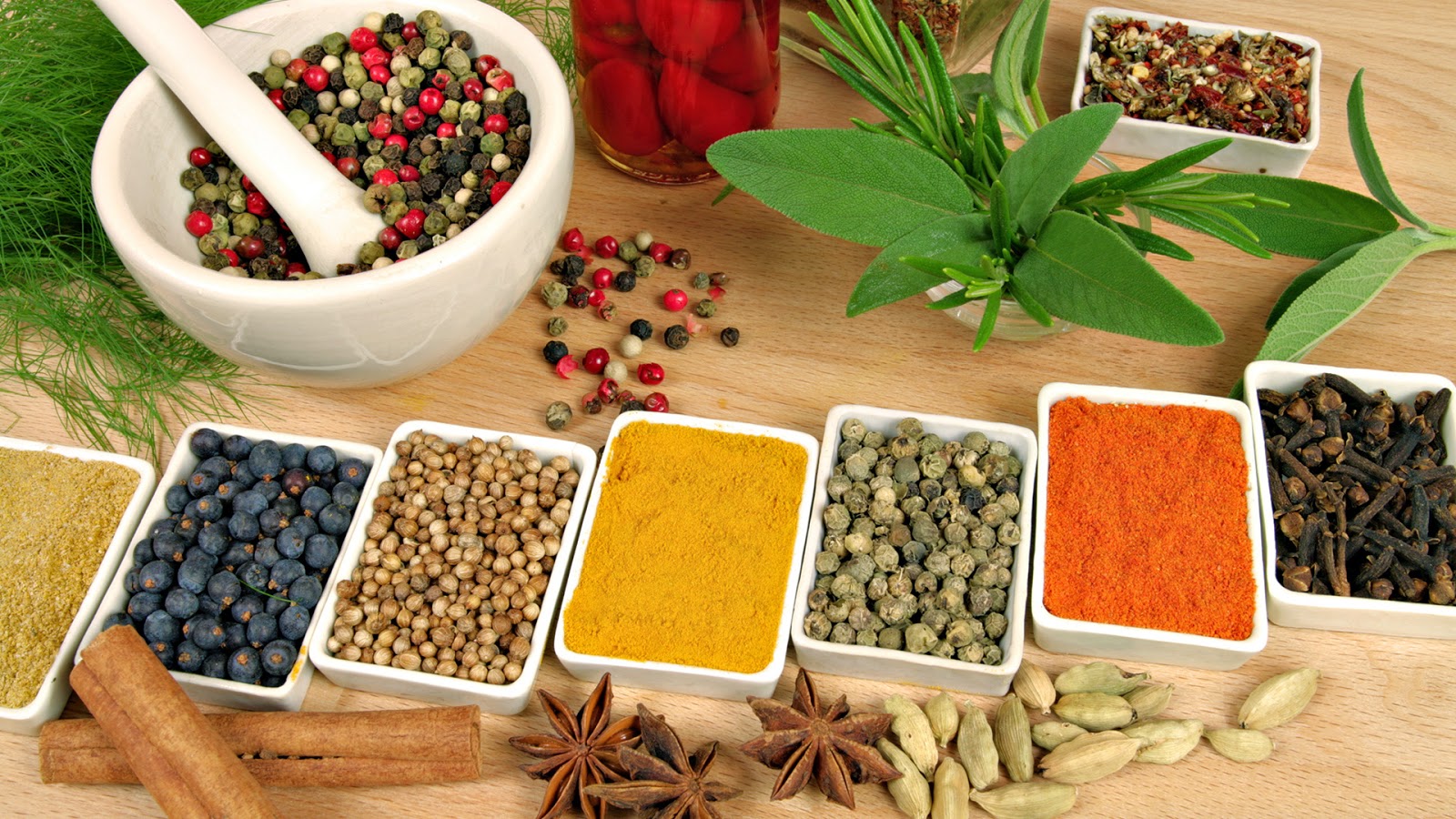We all have those mornings when we feel as though we cannot move an inch without our cup of hot goodness. Whether it is a cup of black tea, or a cup of coffee, we all have our own ways of getting our caffeine fix.
Coffee has its benefits, as well as its risks. Therefor it’s up to you to decide whether to grab the coffee grinds or the teakettle in the morning. Here’s what you need to know.
Coffee can do some pretty great long-term things for your body. It can help prevent diseases such as stroke, certain cancers, boosts concentration, memory and more. Caffeine is a mild stimulant, which can give your tank a little extra fuel throughout the day. The stimulant benefits are also known to lower risk of Alzheimer’s disease.
There are some negative aspects to coffee under certain circumstances. For those who have high blood pressure, a stimulant is not a good idea. Excessive caffeine may also have a negative effect on those with anxiety, insomnia and heartburn.
In moderation, coffee is harmless: A cup or two before a workout can give you a healthy boost and improve your performance. A bit before work or school in the AM can help clear your morning grogginess.
Despite these benefits, caffeine is addictive and users can easily become dependent on it and have a hard time cutting back or switching to an alternative source of energy. Some who quit coffee suffer from headaches and fatigue until the body adjusts.
Do you have acid reflux or are prone to heartburn? Then coffee is a big no! Coffee has a lot of acid and can upset the stomach and chest if you are sensitive. Switching to decaf will not solve the problem, as it has the same amount of caffeine.
So the choice is yours!! If you like the flavor, and the comfort of your morning routine calls for that fresh brew, then enjoy with moderation. If you feel you cannot function without it, you overindulge, or you feel the acidic side effects, then cutting back or finding an alternative is a good idea.





